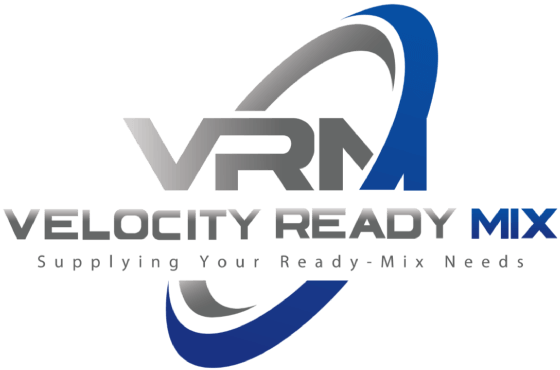Flatwork / Sidewalk / Curb & Gutter
We have multiple reliable crews that will help you finish your projects in a timely manner.
What is Concrete Flatwork?
The modern world is filled with flat surfaces. Your driveway, patio, and parking lot are probably all flat, but have you ever noticed the paving surface that keep things so nice and flat? Though there are several types of paving available for different installations, concrete is the world’s favorite option for a professional (and flat) paving job.
In the construction world, the process of laying concrete to a fixed flat area is known as concrete flatwork. Flatwork can seem simple on the surface, but there’s more to a great concrete paving job then pouring and forgetting.
Let’s learn what homeowners need to know about concrete flatwork including what it encompasses, different flatwork options, how to get the best deal, and how to find the best concrete flatwork in Denver.
Concrete flatwork consists of any flat concrete paving job. Concrete flatwork can be used to construct sidewalks, curb and gutter, patios, driveways, and much more. If it’s flat and involves concrete, it’s considered concrete flatwork.
Factors to Consider
Let’s review the three largest factors in flatwork cost.
Size – Obviously the larger the job, the larger overall costs, but not necessarily per square foot. Like anything else, the bigger the job the more likely you can score a volume discount or not pay as much per square foot as a smaller, more detailed job.
Quality of Concrete – Not all concrete is created equally. Like any other building material concrete comes in different qualities for different needs and budgets. Cheap builder grade concrete will be less expensive than premium concrete, but it won’t last as long. High early concrete is a mix that cures more swiftly so that the surface can accommodate foot and vehicle traffic sooner than the recommended 5-7 days of curing time. This material costs more money than a standard concrete mix but might make sense given your circumstances.
Finishing – There are several finishing options for flatwork including colors, the patterns of stamped concrete, specialty sealants, and more. The more ‘finished’ your concrete, aka the more work that’s done to it after it’s poured, the more you’ll be expected to pay per square foot. Also, finishing concrete is an art requiring the surface to be finished within a certain time-frame from when the concrete left the concrete plant. As such, good concrete companies will employ the proper sized crew to pour and finish the concrete within that crucial time window. Cheap concrete contractors will likely show up with a crew that is too small for your job and will likely not finish the concrete surface within the critical finishing time window, which could have adverse effects on the final product.
